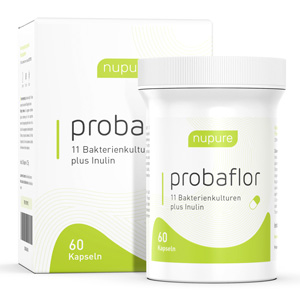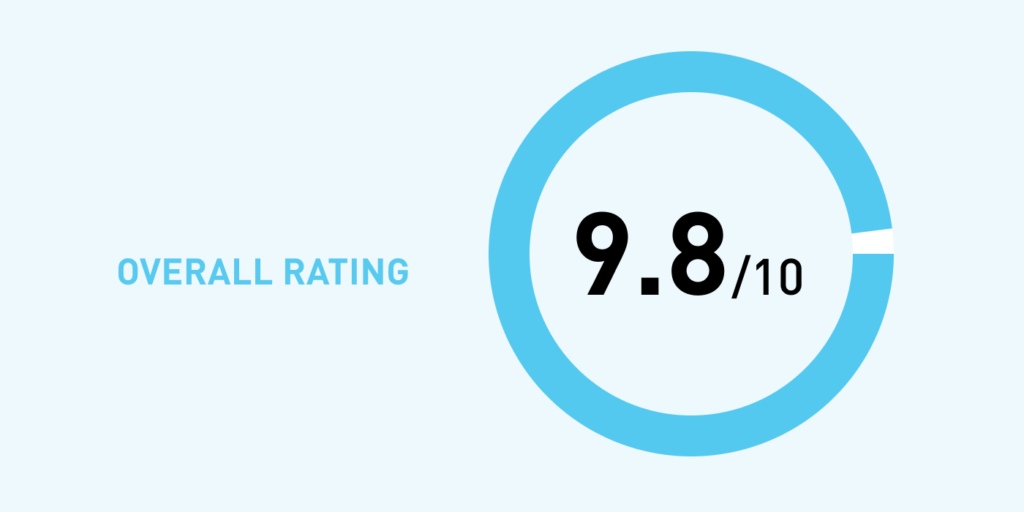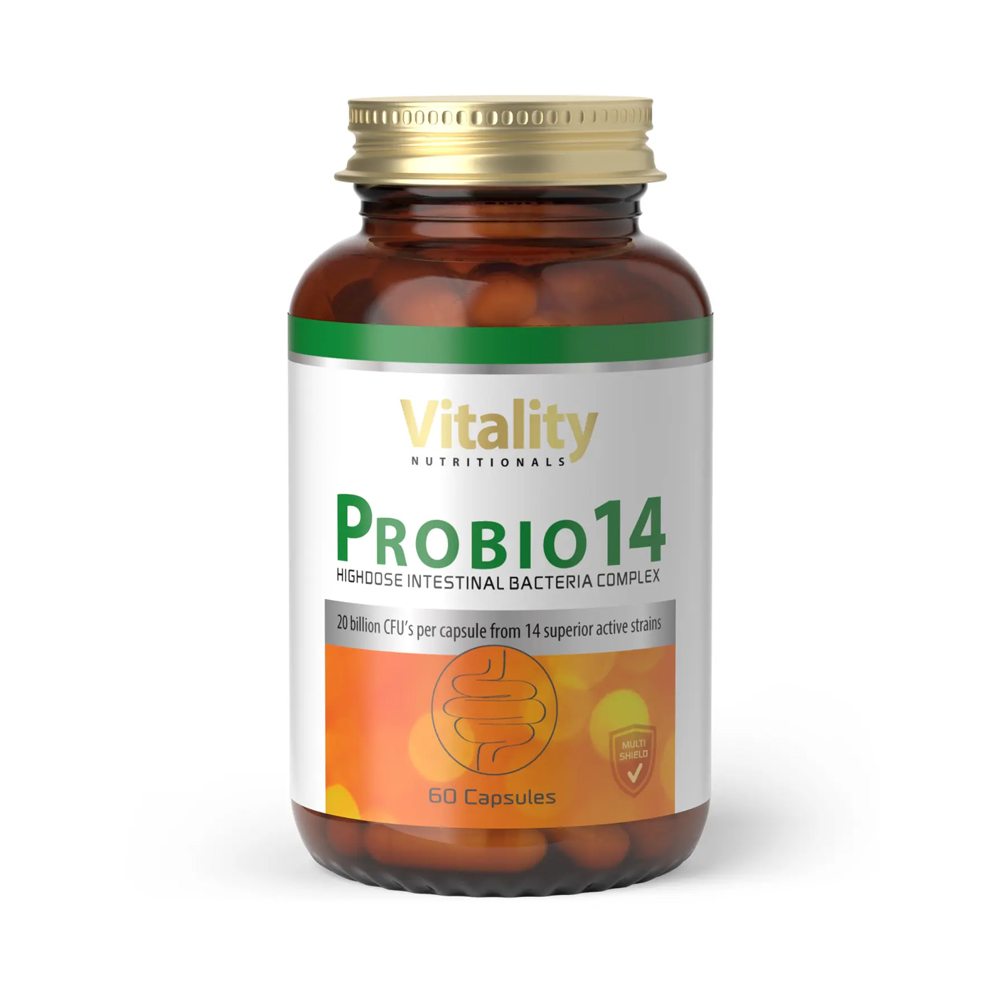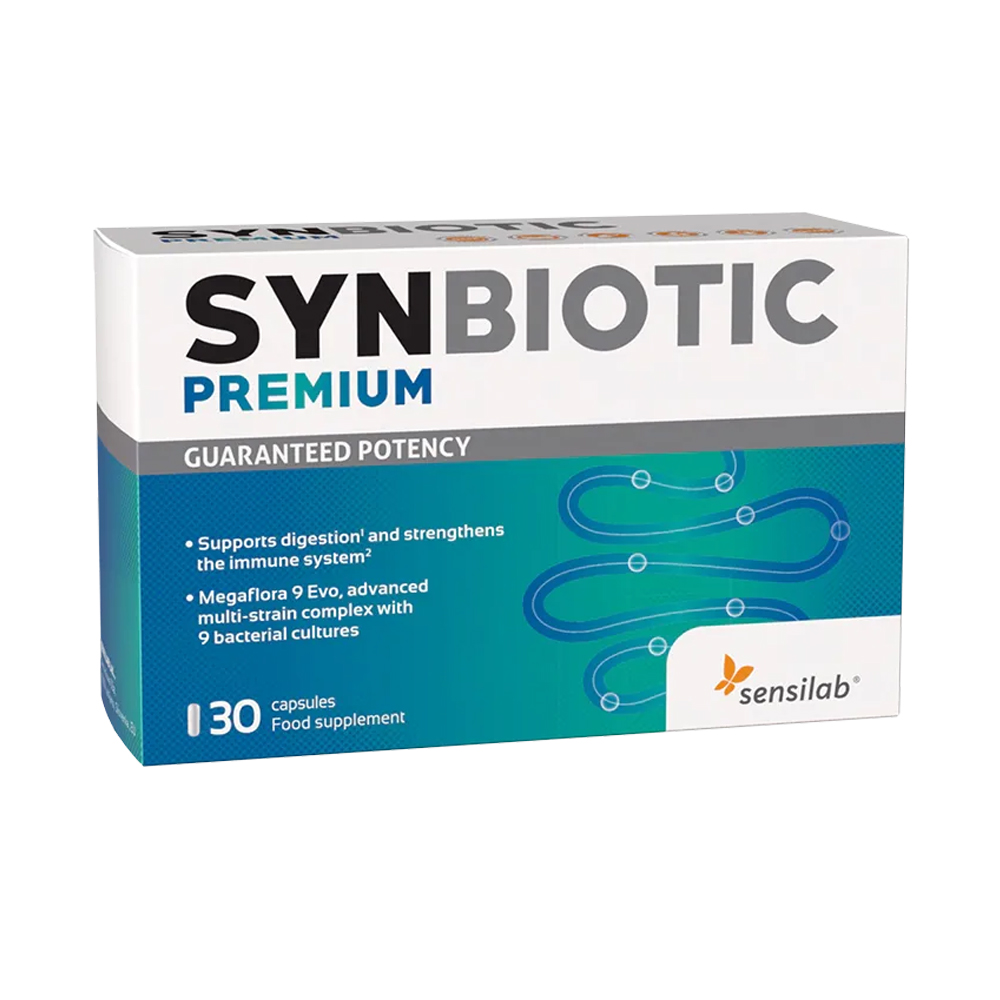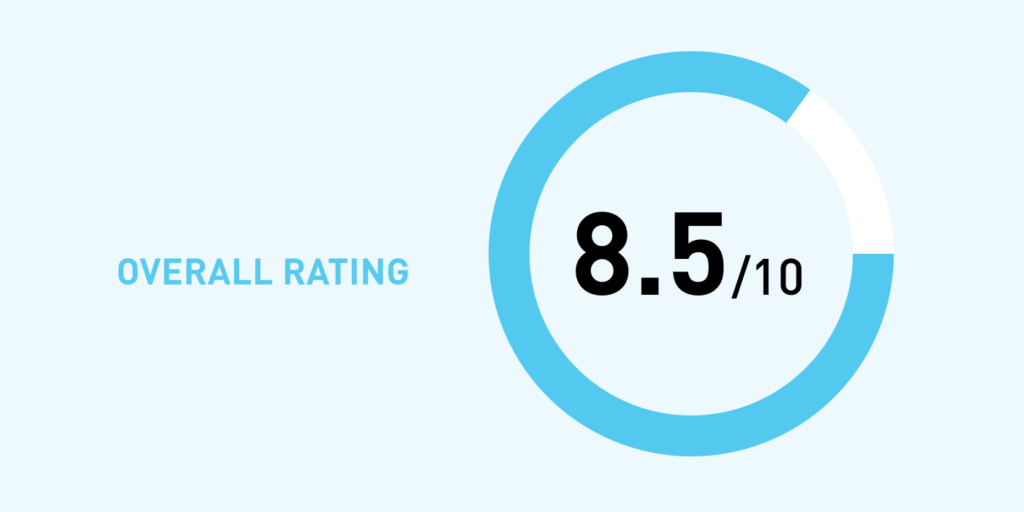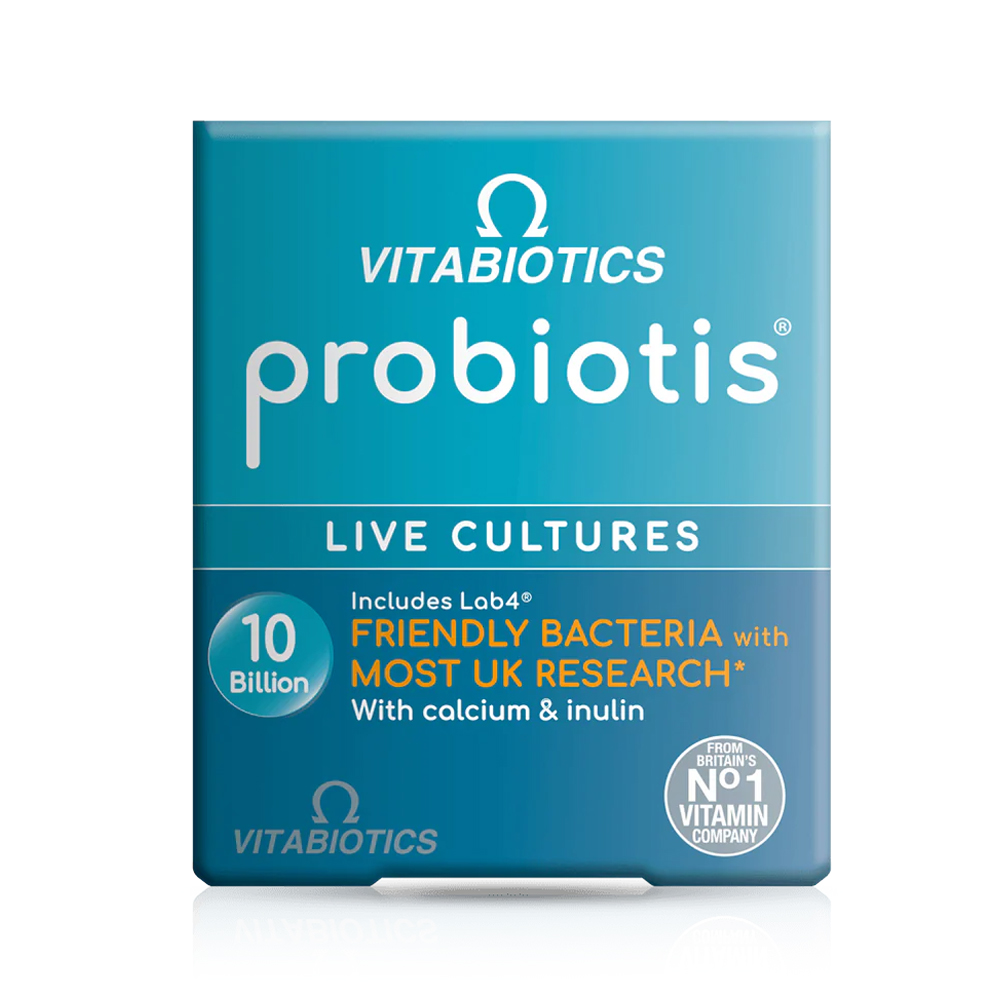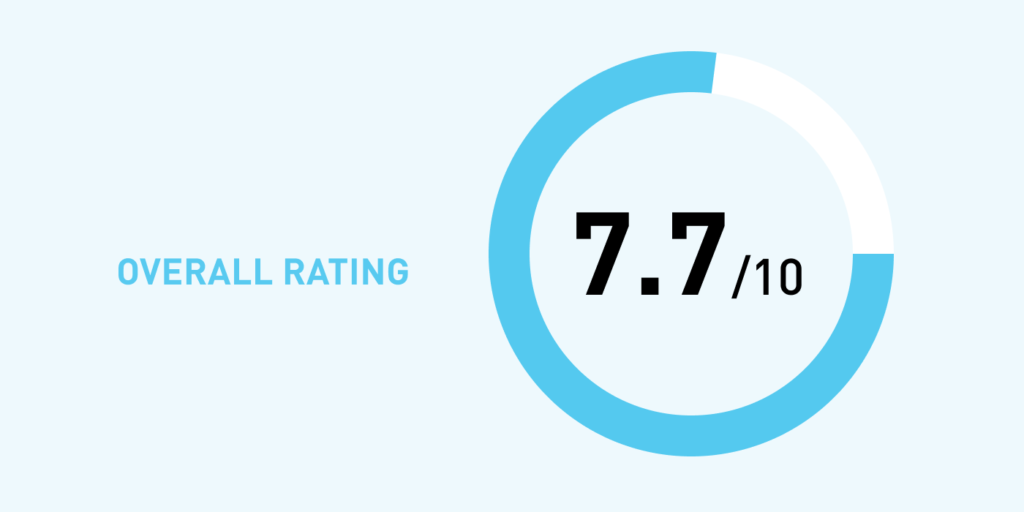We explain which probiotics are best for you and what you should look for in a high-quality probiotic.
Every year, dozens of new probiotics enter the market. Figuring out which ones are effective and good and which ones aren’t, can be a nightmare.
What is clear is that probiotics can have benefits for the greater good. Recent scientific studies show that probiotics can improve digestion, boost the immune system, counteract depression and anxiety and even help with weight loss.
However, as with all food supplements, there are also differences in the formulation of probiotics. The effect can also vary and not every product is suitable for every person.
Probiotics are generally very safe, but there are ingredients that you should be aware of such as those that can cause allergic reactions. That’s why it’s important to do your own research before buying and taking a probiotic. This is the only way to ensure that what you are buying is effective and of the highest quality.
This guide is designed to help you make the best choice from the products currently available.
Why take probiotics?

What are the main reasons for taking probiotics?
- They can help combat bloating and digestive problems by supplying the gut with good bacteria.
- They can support your immune system – 80% of your immune system is in your gut.
- They can help combat skin problems such as acne, as gut health and skin condition are often related.
- They can reduce anxiety and counteract depression by increasing serotonin levels.
- According to recent studies, they can even lower blood pressure and cholesterol levels.
Taking probiotics is an important step for people who want to improve their overall health and well-being. That’s why it’s especially important to find the right one among the countless options available.
3 common MYTHS about probiotics

Not only are there countless success stories about the effectiveness of probiotics, but there is also a lot of misinformation and the inevitable myths that may influence your purchasing decision. However, myths are just that—myths—and are most likely untrue.
Myth No. 1: Probiotics are only useful for people with digestive problems
By far the biggest and most common misconception! Of course probiotics can help with digestive problems, but that’s not their only benefit. Scientists don’t call the gut the “second brain” for nothing – they call it that because the gut produces many hormones and neurotransmitters that affect your mental and physical health. The gut houses most of your immune system and has an impact on inflammation levels in your body.
Myth No. 2: Probiotics don’t work
Probiotics really do work! Hundreds of double-blind, placebo-controlled scientific studies from renowned universities have proven their effectiveness in humans. However, it is important to understand that the intestinal flora is very individual, and probiotics vary in their composition and formulation. Not every probiotic works equally well for everyone.
Myth No. 3: Probiotics are expensive
Not necessarily! Probiotics shouldn’t cost a fortune. Considering that most packages contain a month’s supply and that it’s recommended to take the product for at least 3 months to get the full effect, they shouldn’t exceed 18-25 euros per month.
3 FACTS about probiotics

In addition to myths, we also have facts for you. We present you with three well-known facts to help you better understand the less well-known benefits and effects of probiotics.
Fact #1: Probiotics strengthen the immune system
In today’s world, it’s more important than ever to have a strong immune system. Probiotics balance your gut bacteria, which helps increase the production of important immune cytokines. These immune cytokines are responsible for keeping viruses at bay.
Fact #2: Probiotics can improve mood, counteract anxiety and relieve depression
Good bacteria can increase the production of serotonin in the gut – the famous “feel good” neurotransmitter. Low serotonin levels are linked to chronic depression and anxiety. A bacterial imbalance in the gut can lead to low serotonin levels.
Fact #3: Probiotics can reduce appetite and cravings
Few people realize that food cravings, such as sugar and fat, can be caused by bad bacteria in the gut. These bacteria produce key hormones and neurotransmitters that make us crave the foods they need to thrive. Many people report that once this bacterial imbalance is corrected, their cravings disappear.
Now that we’ve separated facts from myths, we’ll explain what to look for when choosing a probiotic. Make sure you only take probiotics that have a high-quality formula.
The 3 most important criteria to consider when choosing a probiotic
Criterion No. 1: Regular laboratory analyses to check the bacteria in the probiotic
A 2016 study by the University of California-Davis used DNA analysis to compare the bacteria listed on the labels of 16 commercially available products with the actual contents of the products.
The study found that only one of the 16 products contained the strains listed on the label – many contained completely different types of bacteria.
So it’s best to buy from a company that can certify that their product actually contains the strains claimed on the label.
Criterion No. 2: It must be designed to allow the bacteria to reach the gut intact
In a study published in the journal Cell in September 2018, scientists gave 10 healthy people a probiotic for four weeks. In 4 of the 10 people, no bacteria from the probiotic settled in the intestines at all.
Why was that? It’s simple: the probiotic capsules were not properly protected against stomach acid. In people with strong stomach acid production, the capsules simply dissolved before they could even reach the intestine.
It is therefore very important to ensure that a probiotic has an enteric-coated capsule.
Criterion No. 3: It must contain the strain that has been scientifically studied
There are different “versions” of each bacterial strain – such as Lactobacillus acidophilus. Usually, one or two of these variants are scientifically studied. However, these studies do not always apply to the other versions of the strain. Many manufacturers use the untested version because it is usually cheaper and leads to higher profit margins.
Here’s how you can check: If a probiotic’s ingredient list doesn’t include a specific 4- or 5-letter code next to each strain, such as “Lc-11” or “BB 536” – this usually means it’s a lower quality product.
Our special rating system
The ratings in this article are based on a specialized criteria. In a comprehensive process, we compare products by carefully evaluating ingredients, safety, effectiveness, reimbursement policies, and overall customer satisfaction. By evaluating these factors, combined with the latest studies and clinical trials, we make it easy for you to choose the best probiotics on the market, saving you both time and money.
The 4 best probiotics on the current market
After hours of intensive research and taking into account combined ratings and online reviews from customers like you, we have compiled a list of the 4 best probiotics on the market.
1st place: Nupure Probaflor


ADVANTAGES
- Best price-performance ratio on the market
- Gastro-resistant capsules protect the bacteria from stomach acid
- Regular laboratory tests to check bacterial counts and bacterial strains
- Contains only clinically tested bacterial strains
- Nupure Shop was rated “Very Good” for customer satisfaction in the test
- 90 days return policy
DISADVANTAGES
- Number of strains could be even higher
- Often sold out
CONCLUSION
Nupure probaflor was developed by the well-known German brand Nupure and is manufactured in a facility in Denmark that specializes in probiotics. The company philosophy revolves around value for money. Nupure offers the most favourable bacteria for the best value for money on the market. Despite its good price, nupure probaflor has an enteric-coated capsule to protect the bacteria from stomach acid. The product is regularly tested in the laboratory to ensure that it contains the number of bacteria and bacterial strains promised on the label. The strains are the clinically tested version of the strain. Nupure probaflor also contains the prebiotic inulin, which can help the bacteria to colonize.
Many users of nupure probaflor confirm its effectiveness and report results within 2-3 weeks of regular use. The product has no known or reported side effects.
Taking all criteria into account, nupure probaflor comes in first place.
2nd place: VitaminExpress Probio14


ADVANTAGES
- Triple protection through probiotics
- 20 billion CFU
- 100-day risk-free money-back guarantee
- Numerous bacterial strains
- The manufacturer provides the DSM numbers of the strains
DISADVANTAGES
- Only available online
- Often sold out
CONCLUSION
VitaminExpress Probio14 Probiotic Capsules provide a balanced ratio of strains and CFU count to support overall gut health. While the CFU count is lower than the top product, it still provides a broad spectrum of probiotics. The capsules are protected with a multi-shield technology that ensures 100 times more live probiotic bacteria reach your gut. The manufacturer specifies the DSM numbers of the strains. The manufacturer identifies the specific DSM strain numbers, providing transparency and assurance about the probiotic strains used. The product is effective for maintaining gut health, but users may need to wait longer to notice significant effects.
3rd place: Eco by Naty ecological nappies

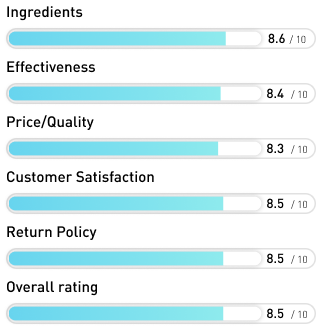
ADVANTAGES
- 10 billion CFU with 90% survival rate
- ProbioAct technology for improved protection
- Rich in prebiotics (contains chicory and Jerusalem artichoke)
- Stable at room temperature
- Vegan-friendly formula
- 30 day money back guarantee
DISADVANTAGES
- Requires taking several capsules daily to achieve full effect
- Lower CFU count than competitors
- Only 30 capsules
CONCLUSION
Sensilab Synbiotic Premium is a complete probiotic with a good mix of prebiotics and probiotics. It uses ProbioAct technology to protect the bacterial strains, giving it a distinct advantage in terms of effectiveness. However, taking three capsules daily might be inconvenient for some people. Although the CFU count is lower compared to some competitors, this is offset by the 90% survival rate. All in all, despite the smaller quantity and mid-range price, the product offers good value for those looking for a balanced probiotic with prebiotic benefits.
4th place: Vitabiotics Probiotis Live Cultures

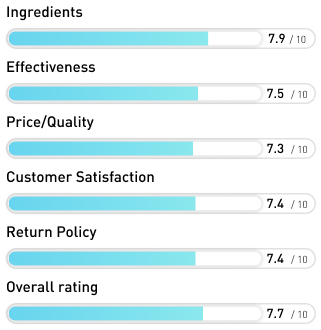
ADVANTAGES
- 10 billion CFU
- Has clinical evidence on specific strains
- Does not require refrigeration
- Includes calcium, which helps digestive enzymes function
- Vegan and gluten-free formula
DISADVANTAGES
- Contains only 7 different strains of probiotics
- Lower CFU count compared to other products
- Fewer capsules per pack, requiring frequent repurchases
CONCLUSION
Probiotis Live Cultures from Vitabiotics is a simple yet effective probiotic with 10 billion CFU. It contains Lab4®, a well-researched group of gut bacteria, along with added calcium which contributes to the normal function of digestive enzymes. It’s a good option for those looking to restore gut flora after antibiotic treatment. However, it offers less bacterial strains than the top product, which can limit its overall effectiveness. The price is reasonable for what it offers, but it is not the best choice for those looking for a complete solution for long-term gut health.

